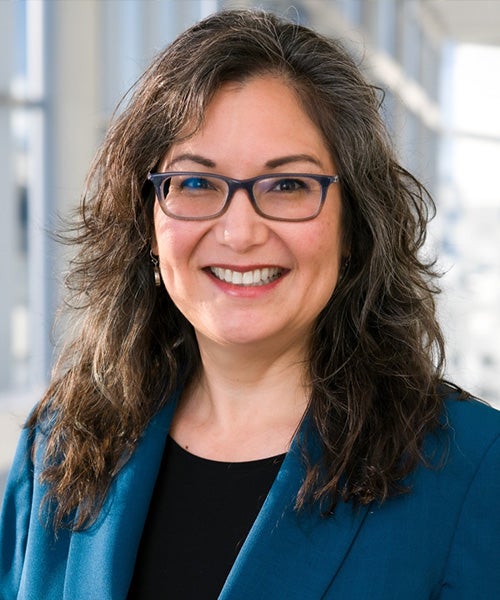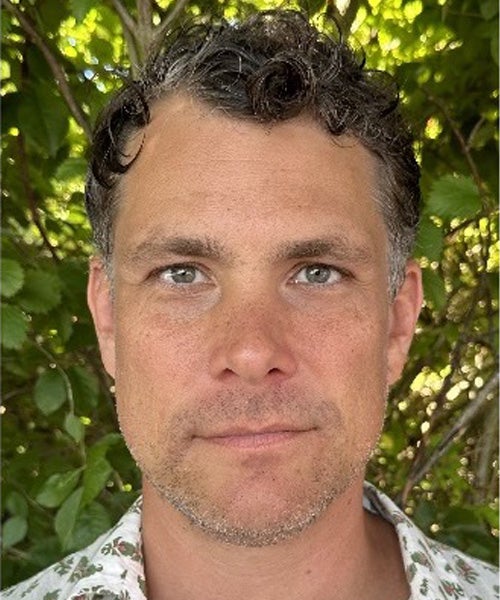Tuesday, November 14, 2023 12:00 pm - 1:30 pm EST (GMT -05:00)
Tuesday, November 14, 2023 4:00 pm - 5:00 pm EST (GMT -05:00)Please join us for two exciting research talks by Dr. Robin T. Higashi and Dr. Elliott Prasse-Freeman.
Dr. Robin T. Higashi — EV3 1408, 12:00-1:30 p.m.
Qualitative and mixed methods research: Contributions of a medical anthropologist in the clinical research environment

The burgeoning interest in qualitative and mixed methods research among clinical investigators has created an enormous opportunity for anthropologists and other qualitative methodologists to contribute their expertise. In this presentation, Dr. Higashi will provide exemplars of how her work as a medical anthropologist working in a large, integrated Medical Center advances our understanding of why certain populations experience disparate health outcomes and how clinical processes may be enhanced to address barriers to care. She draws from published research on cancer prevention, HIV, and hepatitis C.
Dr. Robin T. Higashi is Assistant Professor in the O’Donnell School of Public Health at UT Southwestern Medical Center. Since earning her PhD from the joint program in Medical Anthropology at UC Berkeley-UC San Francisco (USA), Dr. Higashi’s research has focused on using qualitative methods to evaluate patient- and system-level healthcare barriers and to develop strategies to improve the health of underserved populations. She is consistently funded on multiple federal and private grants as Principal or Co-Investigator. Fluent in Spanish, Dr. Higashi is regularly invited to give lectures about her work with Spanish-speaking, underserved, and stigmatized populations.
Dr. Elliott Prasse-Freeman – PAS 2083, 4:00-5:00 p.m.
Ambiguous Archives: Recording a Rohingya ethnos in flux

How do we preserve and protect key cultural features of an ethnos under threat of erasure when the contours of that ethnos are not well-known? This is the challenge facing the Rohingya, a predominantly Muslim people from the western Myanmar state of Rakhine (Arakan). The Myanmar military-state has deployed direct and structural violence upon them since 1962 – persistent cultural repression interposed by episodes of ethnic cleansing – producing a context in which (1) Rohingya are impelled to assert and demonstrate their indigeneity to the racist and exclusionary Myanmar state even as (2) the Rohingya have had little opportunity to cultivate or know the features of their cultural diversity and collective history. This talk relays findings from fieldwork in Bangladesh camps, where an oral history project explores social structure, political economy, and migration patterns; it also conveys ethnography from Rohingya life in peri-urban Kuala Lumpur, illustrating how life in diaspora has inflected various expressions of Rohingya-ness.
Dr. Elliott Prasse-Freeman is an assistant professor at the National University of Singapore. His first book (Rights Refused, Stanford University Press) conveys how Burmese activists contest Myanmar's authoritarian military regime, while his second book explores Rohingya identity amidst dislocation and mass violence.